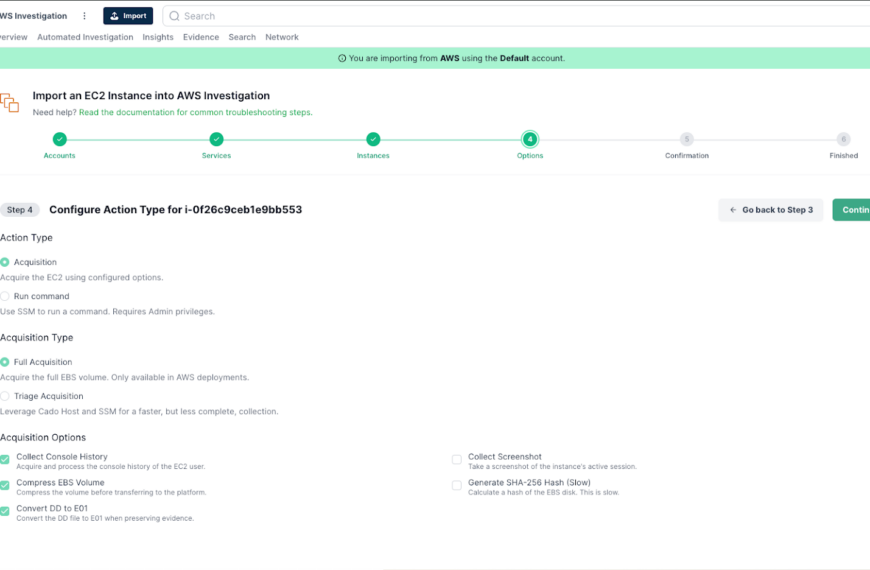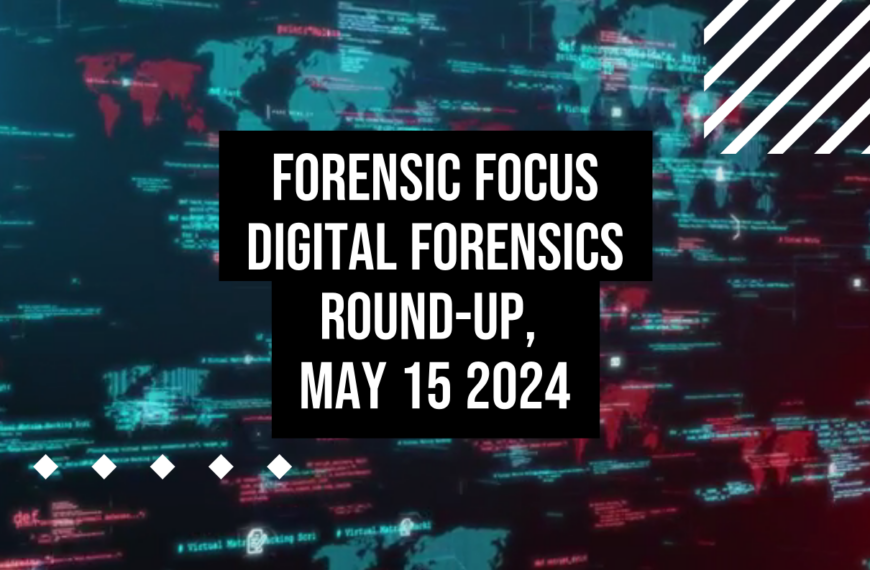Lawrence Snyder, III, PH.D. is Associate Professor of Mathematical and Digital Sciences at Bloomsburg University.
FF: Please tell us a bit about your background in digital forensics and how you started teaching at Bloomsburg University of Pennsylvania.
I have been teaching for 19 years; I started at a Herkimer County Community College in NY, where I taught for nine years, then went to teach at Bay Path University, where I helped launch a graduate program in Cybersecurity Management and eventually their undergraduate cybersecurity program. After five years there, I came to Bloomsburg University in 2018 and have been here since.
Before teaching, I worked in the finance industry in several different but related roles, such as an internal senior information systems auditor and a fraud investigations manager. These two roles primed my passion for cybersecurity and digital forensics. They were in the late 90s and early 2000s, and cybercrime was new and exciting and just captivated me.
What continues to captivate me about this field is the unrelenting evolution of cyber threats and the opportunity to equip the next generation with the intellectual and practical tools needed to combat them. It is a field that demands vigilance, innovation, and a profound understanding of human behavior and technological advancement. My journey thus far has reflected both these and a commitment to investigating them with curiosity and scholarly rigor.
FF: What digital forensics courses and research opportunities does your department offer? What can students expect to learn?
We offer a full range of digital forensics courses, from basic forensic concepts within both the FAT and NTFS files systems to small devices, forensic software, and Linux for digital forensics, e-discovery, and network investigations, to name a few. Here is a link to our program: https://www.bloomu.edu/academics/programs/digital-forensics-and-cybersecurity-bs. We also emphasize networking, security fundamentals, pentesting, malware forensics, and IoT with several courses that allow students to focus their interests in specific areas. One of the elements of our program is that all the courses within the major are lab-based classes. We insist that our students not only learn the concepts of each course but also can put them into practice through labs and practicals.
While we are primarily a teaching university, all our faculty are actively engaged in research, and a critical component of that is including our students in our study. We have a dedicated research lab where students and faculty can conduct research in various areas within digital forensics and cybersecurity. Students can present their work at BloomCon, a digital forensics/cybersecurity conference we host annually in March.
FF: What areas of digital forensics are you interested in?
My interests are a little bit eclectic; I am particularly interested in human factors relating to digital forensics and cybersecurity; understanding the behavioral aspects of those two disciplines and how they can be used in conjunction with emerging technologies such as AI and ML will provide real insight into the future of both cybersecurity and digital forensics.
FF: How do you see the relationship between digital forensics and computer security? Should digital forensics students have at least some knowledge of computer security principles?
They are inseparable from each other. Digital forensics plays a critical role in incident response. To be proficient in digital forensics in today’s environment, one must understand how information flows to and from devices and across networks. Forensics focuses on uncovering and interpreting forensic artifacts to preserve the integrity of the items in their most original form. Computer security focuses on protecting systems, networks, and data from theft or damage by preventing unauthorized access and maintaining confidentiality, availability, and, of course, the integrity of the data.
The skillsets individuals need to be successful in either area are complimentary; both require a deep understanding of how systems work and how data is stored and transmitted. This will give you a rich experience of how both internal and external threats can exploit the inherent weakness associated with technology. Understanding how malicious software is essential for both disciplines, preventing it for the cybersecurity professional and analyzing afterward for the digital forensics professional. And, of course, each needs to understand the legal landscape relating to regulatory governance, privacy, data protection, and cybercrime.
FF: What one thing about digital forensics do you wish everyone knew?
We tend to over-specialize in digital forensics, and we get away from understanding basic file system structure. Couple that with understanding how individuals use and store data is so important. It is important to remember that when a device is being examined for forensic evidence, the device is an extension of an individual.
As we all know, people use devices very differently, and we need to take some time to look at how the individual is using the machine before we begin our examination. This will help you conceptualize where to look for artifacts that the tools might not find for you, and you need to know the basics; there are no shortcuts.
FF: Which areas of digital forensics currently offer the most exciting career opportunities, in your opinion?
Incident response is where the most excitement and opportunity is in the digital forensics field. With attack frequency increasing and attack sophistication progressing at an incredible speed, there is a growing need for individuals who can respond to incidents, analyze how they occurred, and help organizations recover. This area requires a breadth and depth of knowledge in many things outside of digital forensics but complementary in the concepts, so those with this interest will be on the cutting edge of knowledge and skills.
FF: How important is it for students to gain practical experience in the workplace before graduating? Are any able to find internship positions?
We emphasize the importance of internships from the first day a student starts our program. The evidence is clear: internships are an excellent opportunity for students and prospective employers to get to know each other and decide if the fit is right.
But, even if a student does not get a job offer at the end of an internship, they are left with real-world experience that they can use to promote themselves to other prospective employers. Many of our students complete multiple internships during their time in the program.
FF: What do you enjoy outside of digital forensics?
I stay busy, kicking around an idea for a book, which I am always thinking about and working on. I have been pushing out some short articles on basic digital forensics and cybersecurity content, mainly through LinkedIn and a blog I started.
I read a lot; I tell my students this is one of the most important things they can do to become better at digital forensics. Reading exposes them to language and vocabulary they might not have experienced, thus broadening their knowledge base.
But I also like to step away from technology; I enjoy being outside. I like to camp; I do a lot of solo camping; it’s one of my favorite things. It gives me time to disconnect and center myself before diving back into work.
If you’d like to connect with Lawrence, you can find him on LinkedIn (login required).















